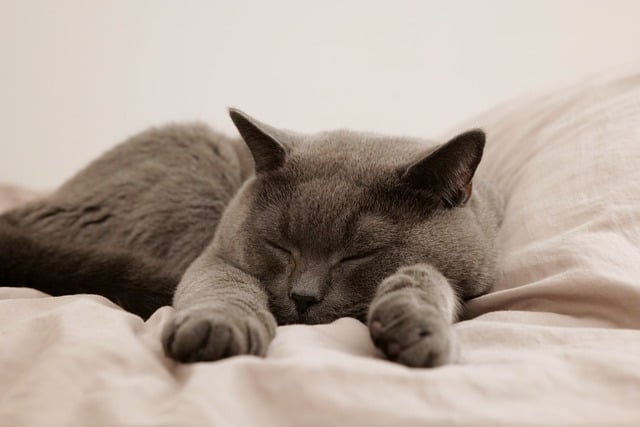This article aims to educate cat owners on the significance of providing their feline companions with adequate hydration. Just like humans, cats need access to clean drinking water at all times, but many factors can contribute to dehydration in these animals. In this article, we’ll delve into the importance of hydration for cats and explore ways to ensure your pet stays hydrated throughout the year.
Cats are known for their fastidious nature and finicky eating habits. However, when it comes to drinking water, they often require a bit more encouragement than humans do. Cats have a unique physiology that makes them more susceptible to dehydration due to several factors such as metabolic rate, body size, and habitat. Regular access to fresh, clean water can prevent dehydration in cats.
One of the key indicators of hydration issues in cats is their urine output. If your cat’s urine is dark yellow or concentrated, it may be a sign that they’re not drinking enough water. Cats with urinary tract infections often exhibit the same symptom. Drinking enough water also helps reduce the risk of kidney stones and other kidney problems.
Water quality is also crucial in maintaining hydration levels for cats. Tap water can contain pollutants like chlorine and other chemicals, which may not be safe for consumption by cats. To ensure your cat’s drinking water remains clean and fresh, use a high-quality water filter or change the water frequently to prevent bacterial growth.
Keeping your cat hydrated is essential not only for their health but also for their overall well-being. When cats are dehydrated, they may exhibit lethargic behavior, decreased appetite, and a lack of energy. In severe cases, dehydration can lead to life-threatening complications such as heatstroke, kidney failure, or even death.
Another way to ensure your cat is hydrated is by providing plenty of opportunities for water intake throughout the day. Cats are natural predators and may not always drink enough water when their food is provided in a bowl. To combat this, provide multiple water sources around the house, such as a water fountain or a separate bowl filled with fresh water.
In conclusion, hydration plays a vital role in maintaining your cat’s overall health and well-being. Regular access to clean drinking water, monitoring urine output, using high-quality water filters, providing plenty of water sources, and recognizing signs of dehydration can all contribute to ensuring your feline friend stays hydrated throughout the year.
Remember, staying hydrated is crucial for cats, just like it’s for humans. By prioritizing their hydration needs and making a few simple changes to their environment, cat owners can help prevent dehydration and promote optimal health in their pets.
Cat owners who want to take their feline companion’s hydration to the next level may consider consulting with their veterinarian about introducing water additives or supplements that can enhance their cat’s drinking experience. These products often contain natural ingredients like omega-3 fatty acids, vitamins, and minerals that support overall health and well-being.
Lastly, staying hydrated is not just beneficial for cats but also provides owners with peace of mind knowing they’re taking proactive steps to ensure the best possible care for their pets. By understanding the importance of hydration and making simple changes to daily routine, cat owners can help provide their feline friends with a happier and healthier life.

